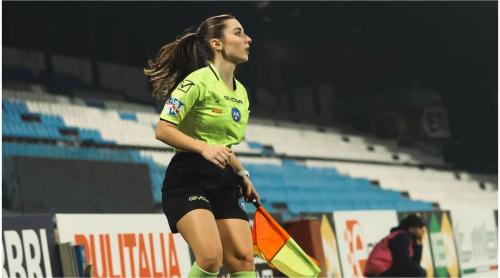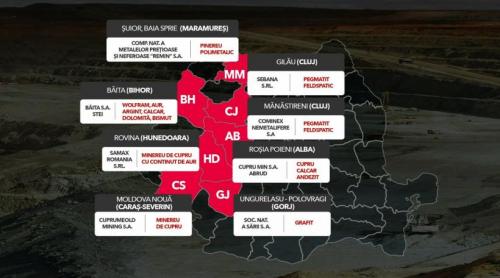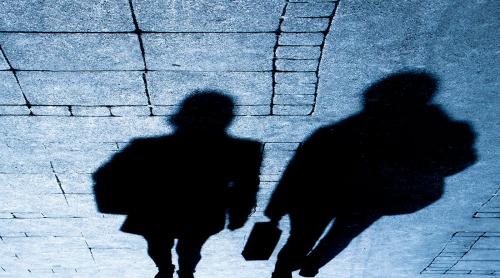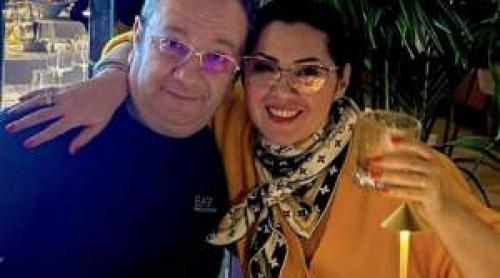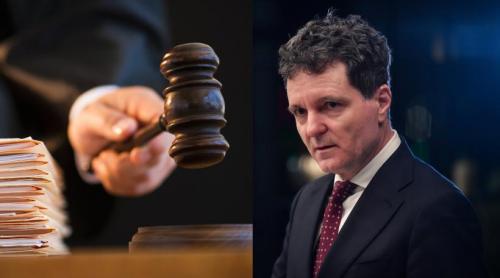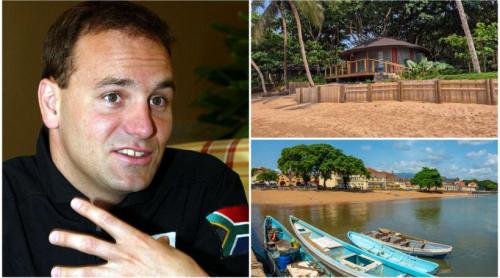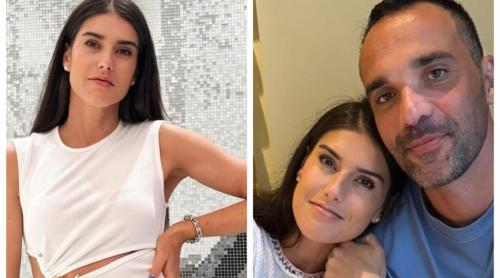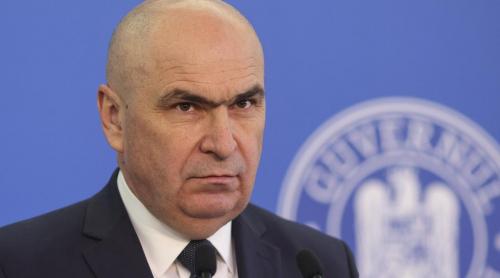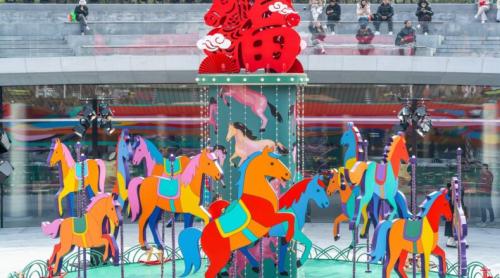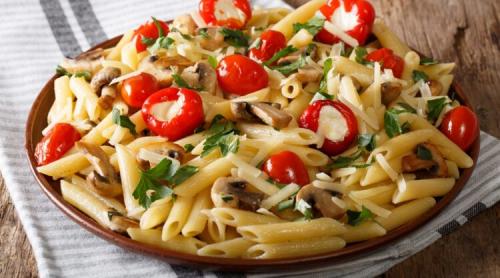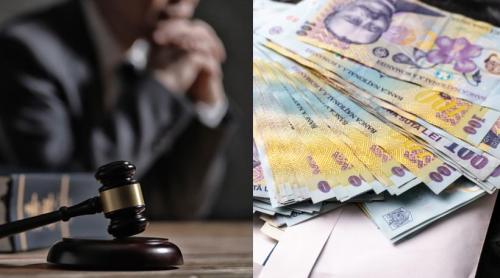
INTERVIEW - March 15th 2005
The new leader of the Greater Romania Popular Party, Corneliu Ciontu, said that his party is open for dialogue with all parliamentary parties. He stated that he could get as far as "to compromise the way the leaders of the Democratic Union of the Hungarians in Romania did." After the two major changes taking place in the party in the space of a single day, Jurnalul National asked for an interview with Ciontu.
By GABRIELA ANTONIU

|
Jurnalul National: Mr. Ciontu, some surprising changes took place Saturday within the Greater Romania Party. What were the reasons behind them?
Corneliu Ciontu: Itâs quite natural that these decisions of the National Council of the GRP, based on proposals coming from [the former party leader] Corneliu Vadim Tudor, startled everybody. These were his ideas, which he pondered over for a long time, while keeping it secret to the outsiders in order to not give room to interpretation. The first problem he had was his extremely busy schedule. The second issue arising was the fact that the National Council in a plenary session in December already had voted for the party to file an application for accession into the European Popular Party.
JN: Why was it important for the party to join the EPP?
CC: Because this is a conservative party, based on national doctrines which promote the Christian values. So, we are naturally close to this party and all it rests for us is to end the negotiations for joining it.
JN: Who is the GRPP negotiator with the EPP?
CC: We had a team which took over this task for the past months. After the last plenary meeting we were called by EPP officials who wanted to know if we adopted the changes which would bring us in line with their policy. We told them we did.
JN: Did the EPP condition you in any way?
CC: No, though some of the journalists speculated it did. I am sure that little by little everybody will come to the realization that this was no bluffing from our part, and that we really changed of our own will. It was all our initiative and desire for change which brought about the understanding that EPP is the party we come closest to. Then we contacted it and were told that formal changes had to be made by the party leadership, which we did in our last plenary meeting. Still, we kept our Greater Romania part of the name for the party â¦
JN: For how long?
CC: For as long as it will take for the Republic of Moldova to join the European Union too.
JN: Will you change the acronym for the party too?
CC: Well, one letter will be added, corresponding to the one word added to the former name of the party.
JN: When will the EPP answer back to the changes you made?
CC: I believe in a fortnight, at the latest. I am sure that in two to three month the GRPP will join the EPP.
JN: You said this was not an impromptu decision of Tudor. When exactly did he take it?
CC: Very relevant was the disappointment caused by the results in the parliamentary elections. The opinion polls we ordered showed that we had some 23 to 25% of the vote, and not less than the score we got in the 2000 elections. I do not want to go over it once more, but there were very big irregularities at the elections, and these took away some 7 to 8 % of the percentage the party should have made. So, there were a number of reasons why we came to the conclusion that we needed support from abroad.
JN: So, how did it happen? Did Tudor came up to you [all, in the collective leadership] and told you that he reached a conclusion, or did he consult with you?
CC: It was a very small group which pondered over the decision. At first I was one of the reluctant ones, I must tell you.
JN: When did the consultation take place?
CC: Some two weeks ago.
JN: So, what did Tudor tell you then: Get ready to take over my position?
CC: No, he told me: "Cornel, under the circumstances, you must realize that you are the best option ⦠[to take over the presidency of the GRP from Tudor]"
JN: And you accepted then and there, with no extra-time to think it over?
CC: I had no reason for that. We are friends for 25 years and if that was his whish I could nothing but agree with him.
JN: Had Tudor a second best option in case you would have rejected his offer [to take the top executive position]?
CC: I did not ask him. But we have a lot of good people inside our party ranks. They are relatively unknown because of this slanted media coverage our party gets.
JN: It was said that the GRP changes were only window-dressing. You answered that time will tell a different story and that we should be patient and see the changes taking effect. What else should we expect?
CC: I take this stance as an insult to our party, and life will show why we and first of all our party leader arrived at the conclusion that changes were warranted.
JN: Tudor himself triggered these reactions when he stated that he will continue to be the party leader â¦
CC: He will stay the party leader no matter what. And as an honorary president, Tudor will have very clear tasks to perform. I will take over all those he performed as executive president and we both will meet to discuss on issues of the image our party holds inside and outside Romania.
JN: What are your future plans?
CC: All those in the local and central leadership of the GRPP will have to work in order to attract the undecided voters to our voting base. This is my target. This week I will visit the local branches to see what is to be done in each one of them.
JN: If you join the EPP you will be a partner with the DUHR, so you are bound to improve your bilateral relations, are you not?
CC: No. We condition the mending of the fences on their stance regarding Romania. If they will get rid of the people who still fight for ethnic autonomy we will better our relationships with them.
JN: The Social Democrat Party already said it was ready to work with the GRPP. Do you expect for other such signals from other parties too?
CC: We are open to dialogue with all political parties, but we will not be on the trail of any one of them.
JN: How far would that cooperation go?
CC: To compromises, since politics is just that: the art to compromise.
JN: What does it tell you your training as a sociologist? Would the changes made to the GRP affect its electorate?
CC: It will be up to us. First and foremost, we are in a process of conducting internal elections. We decided to bring in a quota of 30% newly elected people to our leadership bodies. We also decided to not validate those elections which will promote less than 30% young people to their leadership.
JN: Are the elections for the Bucharest City Hall a first test to follow?
CC: No, it is too short a time between the changes taking place in our party and the date the people goes to the polls to test the effect of the changes to the GRPP on the electorate.
Citește pe Antena3.ro


